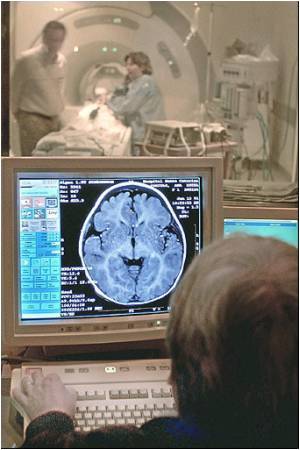
The researchers say the findings could lead to better suicide prevention efforts by providing new directions for research and drug development.
“We have long believed that genes play a role in what makes the difference between thinking about suicide and actually doing it,” says study leader Virginia L. Willour, Ph.D., an assistant professor of psychiatry and behavioral sciences at the Johns Hopkins University School of Medicine.
Willour and her colleagues studied DNA samples from nearly 2,700 adults with bipolar disorder, 1,201 of them with a history of suicide attempts and 1,497 without. They found that those with one copy of a genetic variant in the region of chromosome 2 where ACP1 is located were 1.4 times more likely to have attempted suicide, and those with two copies were almost three times as likely.
Willour and her colleagues were able to replicate their findings in another group of samples: This one comprised DNA from more than 3,000 people with bipolar disorder. By using only DNA from people with bipolar disorder, the researchers say they were able to control for mental illness and narrow in on what may cause one group to attempt suicide and another to control those urges.
Suicide is estimated to kill 1.4 percent of the U.S. population, and roughly 4.6 percent of the population has attempted suicide at least once, Willour says. Among people with bipolar disorder, 47 percent think about killing themselves while 25 percent actually try to do it, she says.
Advertisement
“What’s promising are the implications of this work for learning more about the biology of suicide and the medications used to treat patients who may be at risk,” Willour says. “Not everyone with bipolar disorder can take lithium because of its side effects. If we could give them another option, that would be fantastic.”
Advertisement
Source-Medindia









